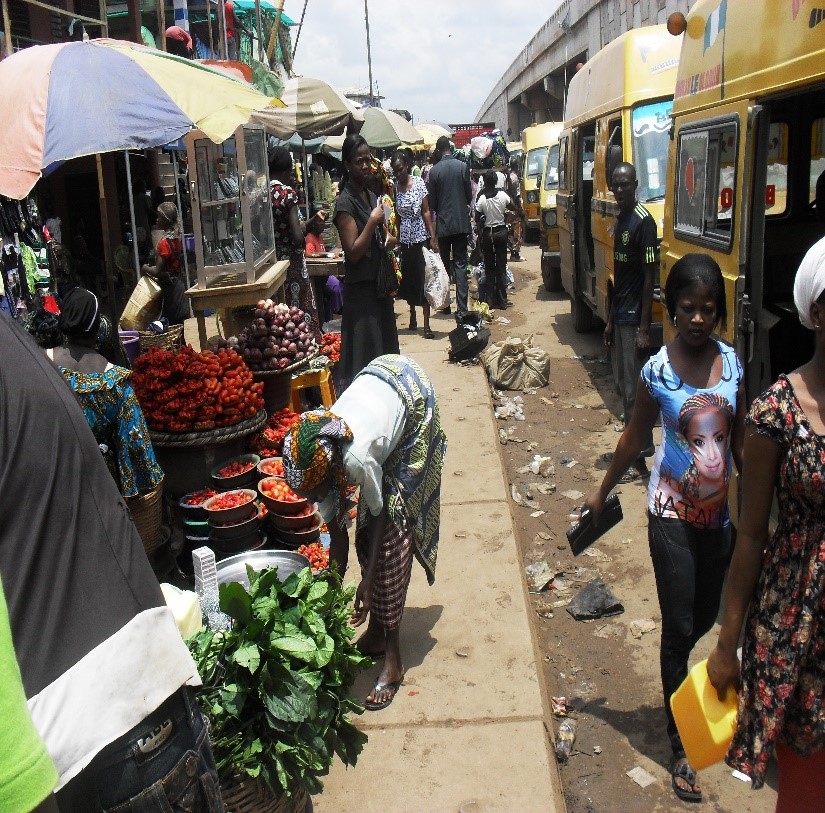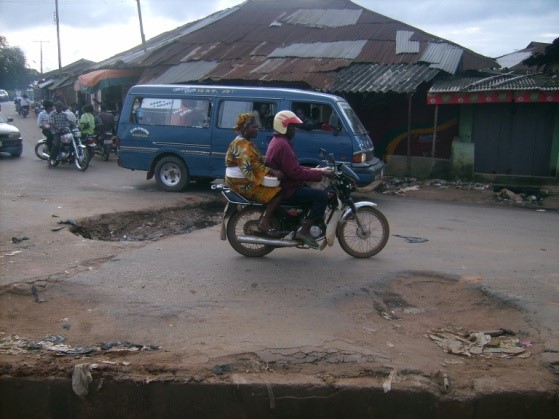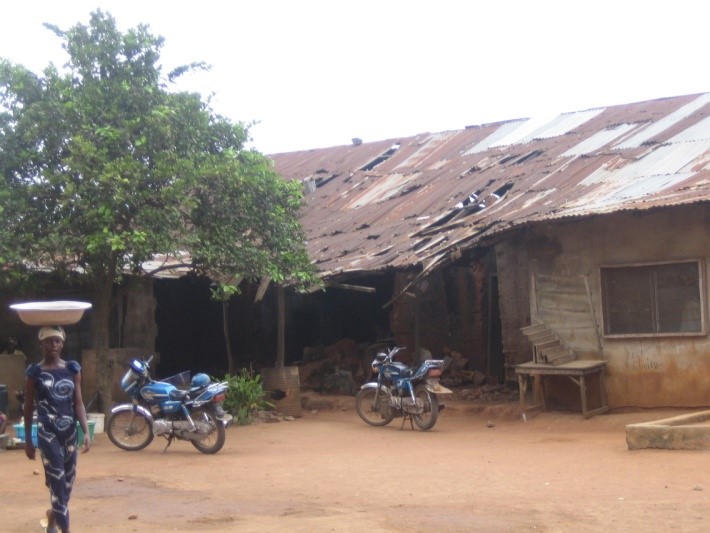Preamble
The Urban Labour Market experiences a continual inflow of labour both from internal growth and the surrounding towns and villages. This has given rise to structural change in the outlook of cities as well as the demand being made on social infrastructures within the cities in developing countries. Therefore, considerable information is needed for the understanding of the workings of the urban informal sector in order to proffer appropriate development strategies.
Social protection, as defined by the United Nations Research Institute for Social Development, is concerned with preventing, managing, and overcoming situations that adversely affect people’s well-being. Social protection consists of policies and programmes designed to reduce poverty and vulnerability by promoting efficient labour markets, diminishing people’s exposure to risks, and enhancing their capacity to manage economic and social risks, such as unemployment, exclusion, sickness, disability and old age.
The reality of the labour market situation is that majority of the members of the workforce in developing nations are engaged in informal types of works, and such precarious works are, more often than not, associated with high risk and work hazards without any form of regular protection. The regulation of conditions of work, in order to secure decent and safe conditions, is restricted to formal places of work such as Government establishments, organised private sector organisations, Multinationals, etc, whereas, majority of the world’s workers are street and market vendors, waste pickers as well as industrial casuals and domestic staff. Glaringly, women and men face different risks and vulnerabilities while social protection is absent for a vast majority in the world of work. It is thus expedient to engage in studies that will examine labour market interventions, consisting of both active and passive policies; the provision of protection for the poor who are capable of gaining employment; Passive programmes, such as unemployment insurance; income support and changes in labour legislation; alleviation of the financial needs of the unemployed; and measures to improve employability.



